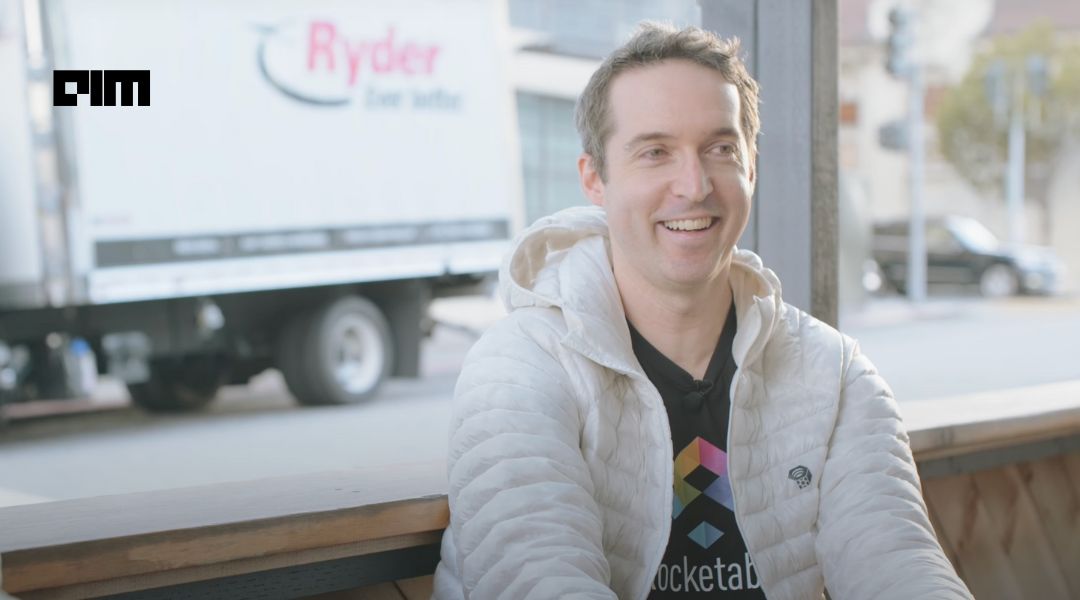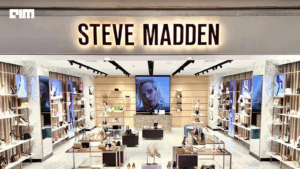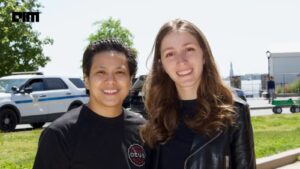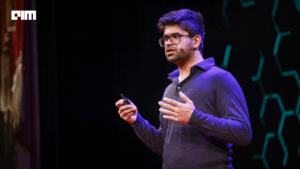In early 2024, Alan Wells acquired a small SaaS business, a golf app with the intention of operating it independently. A veteran of engineering teams at Cruise and Uber, he had spent years building automated systems. This time, the goal was more straightforward: manage a modest software product and gradually improve it using AI tools.
Three months in, Wells hit a wall. The app’s codebase spanned more than 100,000 lines, lacked documentation, and made routine support queries a daily challenge. Then came a shift where large context language models capable of analyzing entire codebases at once had started to emerge. Wells loaded the full source code into one of these models and began asking technical questions. The response time dropped from hours to seconds.
“It felt like I’d been handed a superpower,” he said. “Tasks that used to take me half a day were done in under two minutes.”
That moment led to a broader realization: existing AI systems could begin to manage software systems on their own. It was from this experience that Rocketable took shape.
The company has now raised $6.5 million in seed funding from investors including True Ventures, Bloomberg Beta, Indie.vc, Y Combinator, and several operator-led venture firms. Its model is simple but ambitious: acquire small SaaS companies and apply AI to operate and improve them, reducing human involvement as much as possible. Wells describes it as a vertically integrated software holding company, one that builds automation infrastructure and then uses it in-house rather than selling it.
“We’re not trying to build tooling for other companies,” he said. “We’re trying to buy good software and build the system that runs it end to end.”
From Day-to-Day Support to System-Level Automation
The turning point came not from theory, but from a real operational bottleneck. After taking over the golf app, Wells was spending hours each day answering customer queries. With no documentation and limited product handover, he had to search the codebase directly to troubleshoot issues.
“I didn’t want to spend my time tracing through logic trees just to explain why a certain button didn’t work for a user,” Wells said. “That’s not scalable.”
Initial attempts to solve the problem with off-the-shelf AI tools were disappointing. He tested Intercom’s AI assistant, which promised automated responses for support tickets. But the output lacked accuracy. Worse, it created more work.
“It gave customers the wrong answers. I ended up replying manually to correct it. There was no path to actually improve its performance unless I rewrote the entire help center,” he said.
The frustration led Wells to experiment with AI in a different way. He exported the full application source code and paired it with customer-specific data. Using a large-context model, he asked it to respond to support queries using both the codebase and the user’s account data as reference. The result was a detailed, accurate, and customized explanation generated in seconds.
“It wasn’t just functional. It was better than what I could do myself,” he said. “It understood how the app worked because it had the code, and it used real examples from that customer’s data.”
That experiment became the foundation for a deeper thesis: if AI could operate at this level of precision for one task, it could be extended to other core functions—product management, marketing, finance, and engineering.
A New Operating Model for Software
Rocketable is not building an AI SaaS tool. But it is building infrastructure that runs software businesses internally. Its AI agents analyze codebases, monitor user behavior, extract customer pain points, generate specs, produce marketing content, and test features. These agents are not co-pilots, they are becoming full operators.
“Claude Code can now build significant features in that codebase without me opening an IDE,” Wells said. “The agent had solved its own problem.”
The startup’s platform uses multiple models in tandem. Claude, Codex, and Gemini serve as reviewers and collaborators, each with distinct strengths. Prompt engineering is no longer a bottleneck. New models are capable of generating both the code and the prompts needed to drive future improvements.
The $6.5 million seed round will fund the acquisition of at least three more SaaS businesses. These acquisitions will act as live testing grounds to continuously expand Rocketable’s automation infrastructure. A small team is also being hired in San Francisco to build and refine the agentic systems that operate each company.
The company is clear about what kinds of products it is targeting: B2B or B2C SaaS platforms with low-touch sales, high customer counts, and minimal domain-specific expertise requirements. Rocketable avoids products that require human professionals, like actuaries or insurance analysts.
“We focus on businesses where the workflows are transferable and the upside of automation is high,” Wells said. “It’s about identifying the parts of the job that a model can do well and investing in making it better.”
Systems That Learn to Run Themselves
The roadmap begins with customer support and product development, but Rocketable is already experimenting with AI-led marketing and growth. In one case, Wells used a YC-backed startup to auto-generate short-form TikTok-style videos based on app screenshots, product descriptions, and user data. Another AI tool created realistic avatars that could test dozens of video ad scripts, all without requiring new footage.
“It’s probabilistic,” Wells explained. “If I can generate a hundred videos at low cost, even if only one works, it’s a win.”
He believes the opportunity is not to sell this stack, but to use it repeatedly. Rocketable doesn’t aim to flip companies. It aims to hold and compound.
“The goal is not to exit. It’s to own and operate these businesses better than anyone else could,” he said.
This model echoes the playbook of Constellation Software, which has acquired over 500 businesses while selling almost none. But Wells is going one level deeper, targeting much smaller businesses than traditional private equity or holding companies typically consider. The fixed costs of managing them are eliminated by AI.
“There’s a long tail of SaaS companies doing $500K to $5 million in ARR,” he said. “Most don’t have repeat buyers. That’s our edge.”
No Team? No Problem. The One-Person Company Idea
Wells is candid about the implications of this model. “When people ask what happens when AI takes your job, I say: own the thing being automated,” he said. “If you’re the owner, automation is a feature, not a threat.”
The company is betting on a trend that’s already visible in Silicon Valley. Small teams are accomplishing what once took dozens of engineers. Startups are defaulting lean, optimizing not for headcount but for leverage. Investors are adapting too.
“It’s no longer a badge of honor to grow your team 3x,” Wells said. “It’s: how much can you do with just three people?”










